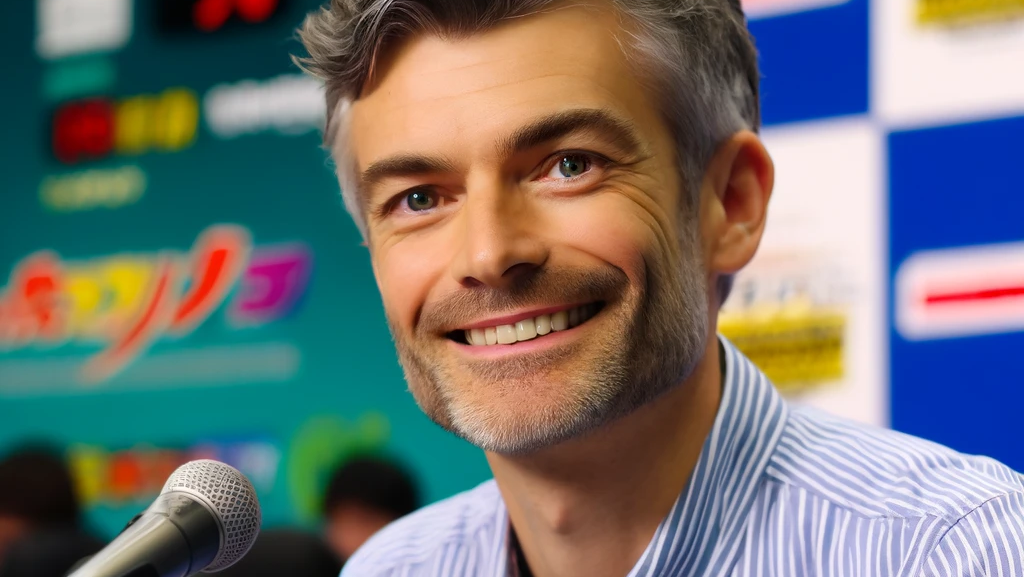Introduction
Motorcycles have always been synonymous with freedom, adventure, and the thrill of the open road. Part of that exhilarating experience is the distinctive roar of a motorcycle engine, a sound that resonates deeply with riders and enthusiasts alike. Recently, discussions around noise regulations have intensified, prompting concerns within the motorcycling community. FIM President Jorge Viegas has stepped forward to address these concerns, stating emphatically, “We do not want to silence bikes.” In this article, we’ll explore Viegas’ views on motorcycle noise, the cultural and safety implications of engine sounds, and the delicate balance between tradition and environmental considerations.
The Importance of Motorcycle Noise
Cultural Significance
Motorcycle noise isn’t just about decibels; it’s about identity and culture. The sound of a bike engine is as much a part of the riding experience as the wind in your face. Viegas argues that the distinctive roar of a motorcycle connects riders to a long tradition of freedom and rebellion. The sound symbolizes power and individuality, crucial elements of motorcycling culture. Silencing bikes would mean losing a vital part of this heritage.
Safety Concerns
Beyond cultural significance, there’s a practical aspect to motorcycle noise: safety. “Loud pipes save lives” is a common saying among bikers. The idea is that the noise alerts other road users to the presence of a motorcycle, reducing the risk of accidents. Viegas supports this notion, emphasizing that motorcycle noise serves as a critical auditory signal in traffic, especially for drivers who may not always check their mirrors or blind spots diligently.
Environmental and Regulatory Challenges
Noise Pollution
While the cultural and safety aspects are compelling, the issue of noise pollution cannot be ignored. Urban areas, in particular, are grappling with increasing noise levels, and motorcycles contribute to this problem. Environmental groups and city planners argue for stricter noise regulations to enhance the quality of life for residents. Viegas acknowledges these concerns but suggests that a blanket approach to silencing bikes is not the solution.
Striking a Balance
The challenge lies in finding a balance between preserving the essence of motorcycling and addressing noise pollution. Viegas proposes that instead of silencing bikes, the industry should focus on innovative solutions that can mitigate noise without compromising the riding experience. Advances in technology, such as quieter exhaust systems and electric motorcycles, present opportunities to reduce noise levels while maintaining the thrill and safety of riding.
The Future of Motorcycle Noise
Technological Innovations
Electric motorcycles are gaining traction as a viable alternative to traditional combustion engines. They offer a quieter ride, which can help address noise pollution concerns. However, they also lack the signature sound that many riders cherish. Viegas believes that while electric bikes are a step forward, there’s still room for improving the auditory experience. Manufacturers are exploring ways to incorporate artificial engine sounds that can mimic the roar of traditional bikes, ensuring that riders don’t lose that essential part of the experience.
Community and Industry Efforts
The motorcycling community and industry stakeholders are working together to find sustainable solutions. Viegas highlights initiatives where manufacturers, regulators, and riders collaborate to develop noise standards that protect both the cultural heritage of motorcycling and the environment. These efforts include designing better exhaust systems, promoting responsible riding practices, and investing in research for innovative noise reduction technologies.
Conclusion
FIM President Jorge Viegas’ stance on motorcycle noise is clear: the sound of a bike is integral to the riding experience, culture, and safety. While acknowledging the need to address noise pollution, he advocates for solutions that don’t strip away the essence of motorcycling. By embracing technological innovations and fostering collaboration within the community, Viegas envisions a future where the roar of motorcycles continues to be heard, but in a way that respects both tradition and the environment.

